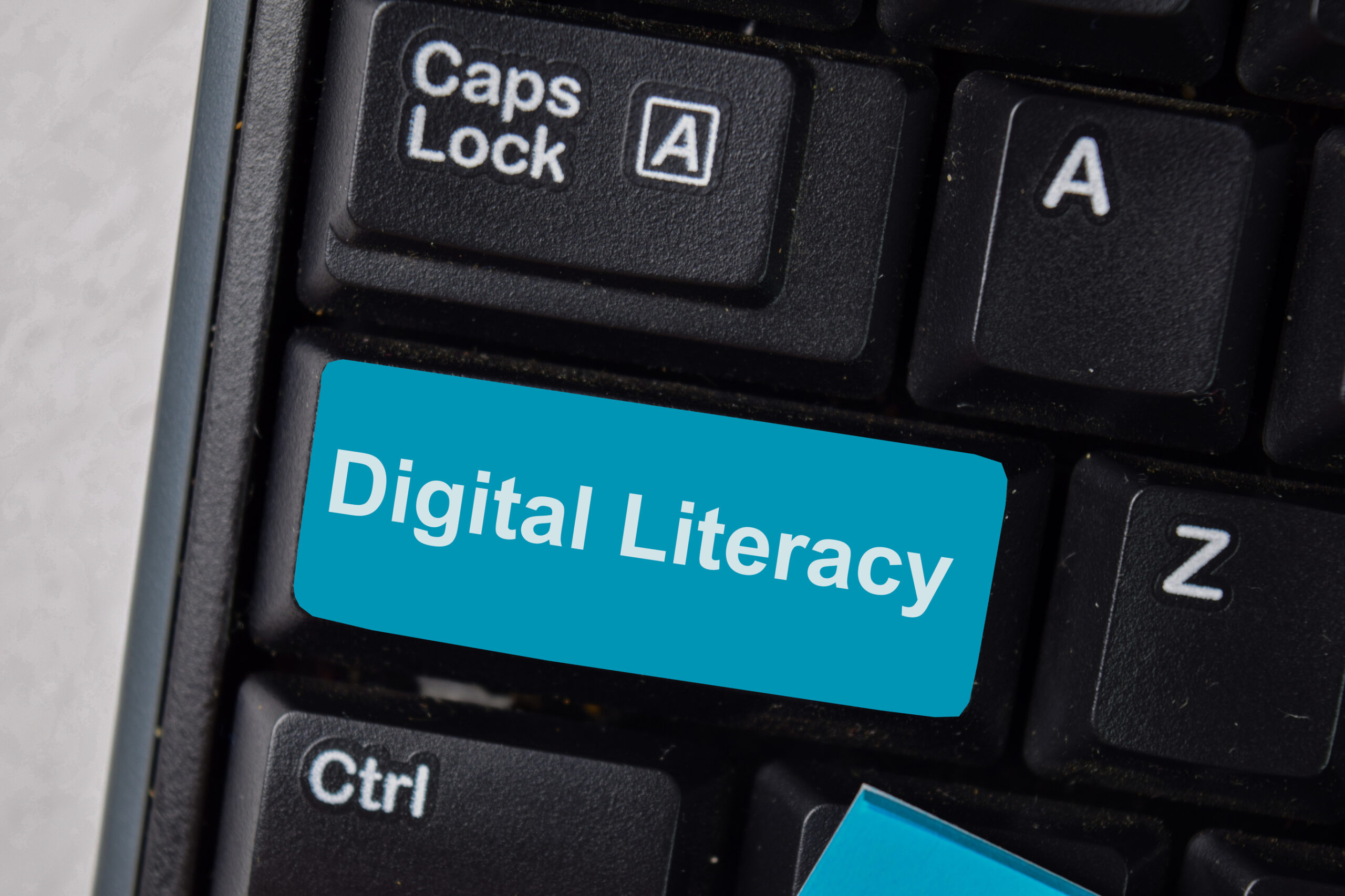College Education, Life on Campus
Digital Literacy: Why It’s Crucial for Today’s Graduates
Jennifer Dawson

In recognition of the growing importance of digital skills for students and graduates, a number of educational establishments now require undergraduates to take courses in digital media literacy as part of their degree curriculum. This is to help them to navigate the rapidly evolving digital landscape where misinformation is rife and the ethics surrounding AI-created content is becoming an issue.
According to a 2023 survey by the World Economic Forum, 87% of executives say they are experiencing skills gaps in the workforce or expect them within a few years, underscoring the need for such educational requirements. Additionally, 85% of the jobs that will exist in 2030 haven’t been invented yet, highlighting the necessity for digital literacy. As well as giving students and graduates the tools to keep pace with digital media, a more in-depth technological education gives students and graduates in the workplace the necessary tools to improve their skills in online research, virtual communication and paperless organization. By incorporating digital literacy into educational programs, graduates become productive and capable digital citizens.
Improved Time Management and Self-Efficacy
Whether students are completing a full-time degree course on campus or juggling online studies with work, good time management and organizational skills are vital for keeping up with a heavy academic workload and meeting strict assignment deadlines. Studies have shown that digital competence correlates with improved time-management and self-efficacy in students as they are able to maximize the potential of online tools and techniques to address potential issues and reduce stress. Their digital literacy skills honed in organizing projects, allocating resources and efficiently managing their time will also be useful after graduation. Knowing how to choose and access the best software tools as part of a digital transformation strategy can help graduates to maximize the potential of project portfolio management and other centralized tools in order support their achievements in the competitive work market.
Clear and Effective Online Communication
Communication is an essential life skill but with so many digital channels for the exchange of information, students now need to be able to convey ideas clearly using technology. Whether they are attending online tutorials, recording video presentations or simply emailing their tutor for an essay extension, students need to be familiar with a range of media and communication channels. These skills will serve them well after graduation where competent digital skills are often necessary for collaborating on team projects in a digital environment. Projects and presentations often require the ability to access, edit and add to shared documents and the clear and prompt exchange of ideas and information is essential in order to avoid compromising the successful delivery of high quality assignments in a timely fashion.
Critical Evaluation of Artificial Intelligence
Critical thinking has always been an essential component of further study but now with an increase in the generation of artificially created content, it is even more important for graduates to be able to evaluate the reliability and authenticity of online communication, information and resources. With the ethical implications prompted by AI, students need to learn to become discerning consumers of digital content. At the same time, AI offers valuable tools to students and graduates that can help them with time-consuming data analysis and the generation of text, images and even software to enhance their research, university assignments and work projects. However, these tools require a high level of digital literacy in order to devise the most effective prompts for AI that will maximize the value of the responses.
Digital literacy is now so important for students and graduates that a number of universities and colleges include it as a compulsory element of a degree. Digital tools from a simple email to advanced artificial intelligence AI can enhance communication, critical thinking and time management, skills which not only facilitate learning as a student but also prepare graduates for working in increasingly digital environments.
SEE ALSO: From Classroom to Career: How College Students Can Find and Leverage Mentor Relationships















